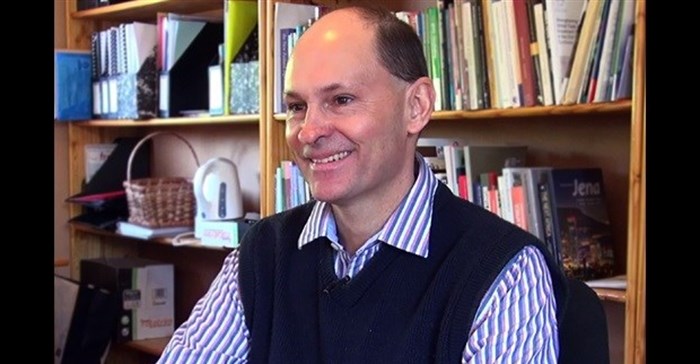An interesting upcoming development to hit the African audience is the Continental Free Trade Area (CFTA) to be launched in 2017. The main objectives of the CFTA are to create a single continental market for goods and services with free movement of business persons and investments, and thus pave the way for accelerating the establishment of the Customs Union. It will also expand intra-African trade through better harmonisation and coordination of trade liberalisation and facilitation instruments across the RECs and across Africa in general. The CFTA is also expected to enhance competitiveness at the industry and enterprise level through the exploitation of opportunities for scale production, continental market access and better reallocation of resources.
Peter Draper, managing director at Tutwa Consulting Group says the group is working with the Southern African Customs Union on negotiations for the CFTA. “We are mapping out the scope, modalities, opportunities and some of the threats that these negotiations represent. If the CFTA goes through, the African trade landscape may look quite different in 10 years from now.”
Draper sees the CFTA as a great opportunity, however sourcing reliable information to action those opportunities is quite a challenge. “It is always a challenge to get information especially when it is not always readily accessible – the same applies to market entry analysis. Particularly in Africa, coming across good, reliable data is a challenge for everybody. We require local consultants on the ground who can feed you first-hand insights into what’s going on in that market and that requires solid networks.”
Draper says policy terrains can also have substantial informational gaps. “We may take governments for granted when publishing policy documents online or having national data available online – this falls away when you work with a country like, for example, the DRC, because the information is just not there. You have to dig for it. In the research space – and we do a lot of research – we are very aware of those challenges, and that’s why you need top-notch researchers, and analysts, who can help overcome those information gaps.”
Practice areas
Tutwa Consulting Group operates in three practice areas: first is trade and investment policies in Africa and further afield. For example, they have done projects for the Namibian and South African governments – helping them to develop trade policies; and the Southern African customs union – helping them with the continental free trade agreement negotiations as well as doing various other projects.
The second practice area is public affairs and political risk. There, Tutwa works primarily with big companies or organised business on identifying key challenges in the policy and regulatory terrains and working with them to address those challenges.
The third practice is market expansion – analysis and advisory in the market expansion space, notably identification of key export markets, barriers to those exports, and advice around market entry modes.
“We are not a big group although we do have a big network, so we can work pretty much anywhere,” Draper says.
Tobacco industry project
Tutwa is currently working with a big regional project for the tobacco industry as they approached the recently concluded UNFCCC (United Nations Framework Convention on Climate Change) negotiations in Delhi. That includes mapping the tobacco value-chain, analysing socio-economic issues around the industry’s regional role, and advising the International Tobacco Growers Association on how to approach the UNFCCC process.
“We also work quite closely with the Ag Biz Chamber in tracking international trade policy and negotiations developments. The work we generally do in the trade policy and investment terrain is of great interest to the agricultural community. For example, the Tripartite Free Trade Agreement negotiations, assuming they succeed – should deliver substantial tariff liberalisation. This could open up markets across the continent for our agricultural products, in addition to a range of others. So understanding what’s coming down the track and trying to influence that should be of great interest to the agricultural community.”
African Agri Council




































